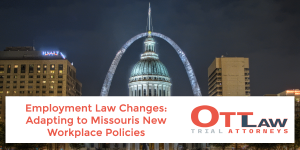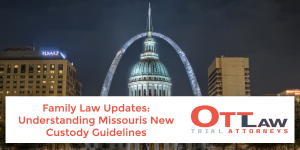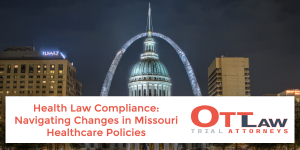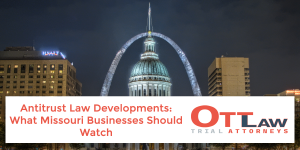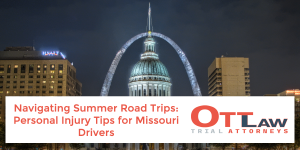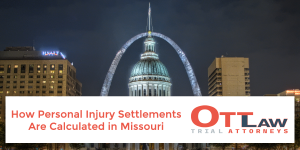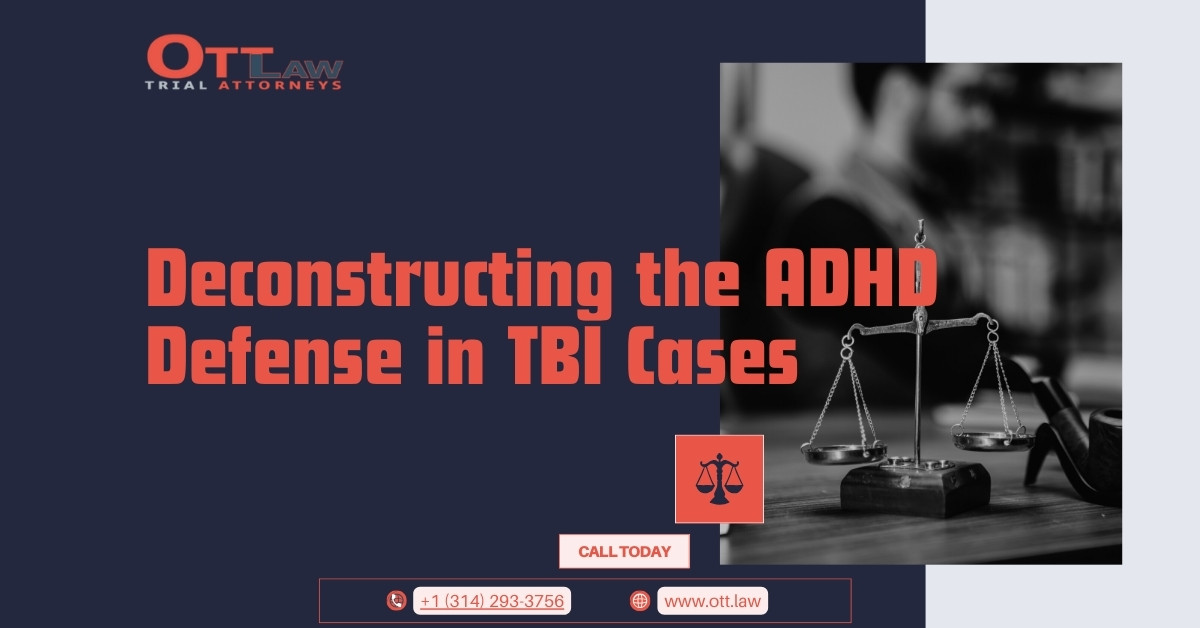In traumatic brain injury (TBI) claims, one common defense is attributing the client’s symptoms to Attention Deficit Hyperactivity Disorder (ADHD) rather than the injury in question. But this argument isn’t always supported by the facts or the science. Here’s how to address the ADHD defense.
Understanding ADHD and Its Prevalence:
- Rarity of ADHD: Contrary to popular belief, ADHD is not overwhelmingly common. Only about 3-7% of school-age children are diagnosed with ADHD. So, claiming that symptoms post-injury are solely due to ADHD might be a stretch. [1]
- TBI’s Impact on ADHD: Children with prior ADHD who subsequently suffer a TBI often display exacerbated symptoms compared to those without any TBI history. There exists a condition known as Secondary ADHD (SADHD) where post-TBI symptoms mimic ADHD. This is not classic ADHD but is induced by the brain injury. [2]
Debunking the ADHD Defense:
To effectively challenge a defense based on ADHD, one might ask the following:
- Symptomatic Consistency: Was the client consistently showing ADHD symptoms since childhood? The DSM-IV indicates that most parents usually spot excessive motor activity in ADHD children during toddler years. Sudden onset of symptoms post-injury would indicate TBI more than ADHD. [3]
- Physical Markers: ADHD is sometimes (though not always) associated with certain physical markers like a high-arched palate, low-set ears, or wide-set eyes (hypertelorism). Does the client exhibit any of these markers? [3]
- Immediate Behavioral Change: If there’s documented evidence of a sudden change in behavior post-injury (like diaries or logs), it’s a strong counter to the ADHD argument. [4]
- Impulsivity and ADHD: TBIs can exacerbate impulsivity, which is also a symptom of ADHD. Therefore, if a client already had ADHD and then suffered a TBI, their impulsivity could worsen, potentially having a synergistic effect. [5]
Conclusion:
While ADHD is a genuine and challenging condition, it shouldn’t be hastily used as a blanket explanation for symptoms that emerge after a traumatic event. Proper documentation, medical records, and expert testimonies are crucial to ensure that a TBI’s impact isn’t downplayed or misattributed.
For legal assistance related to traumatic brain injuries and other related concerns, contact OTT Law Firm.
- Address: 3544 Oxford Ave, Maplewood, MO 63143, United States
- Phone: +13142933756
- Email: joe@ott.law
- Website: OTT Law
References:
[1] “ADHD and Its Correlation with TBI,” Journal of Pediatric Neurology, Dr. Nathan Zasler, 2019. [2] “Secondary ADHD: Impact of TBI,” Brain Injury Medicine, Dr. Regina C. Armstrong, 2021. [3] “Diagnostic and Statistical Manual of Mental Disorders, Fourth Edition, text revision (DSM-IV),” American Psychiatric Association, 2000. [4] “Symptoms post-TBI: A Case Study,” Arch Phys Med Rehab, Janet Powel et al., 2008. [5] “Impulsivity and Its Effects After TBI,” Journal of Neurotrauma, Dr. Reed Selwyn, 2013.


